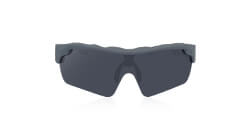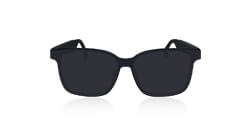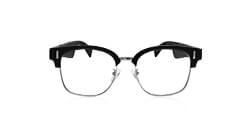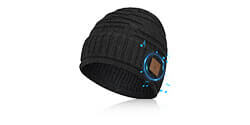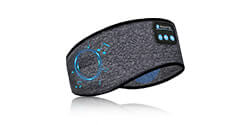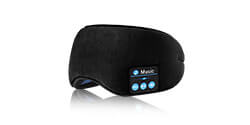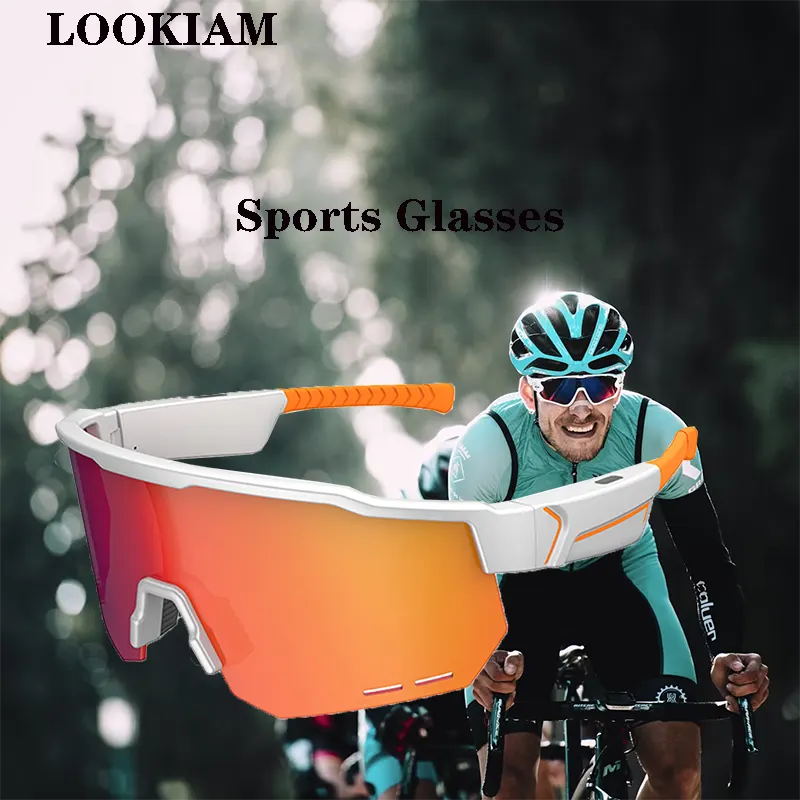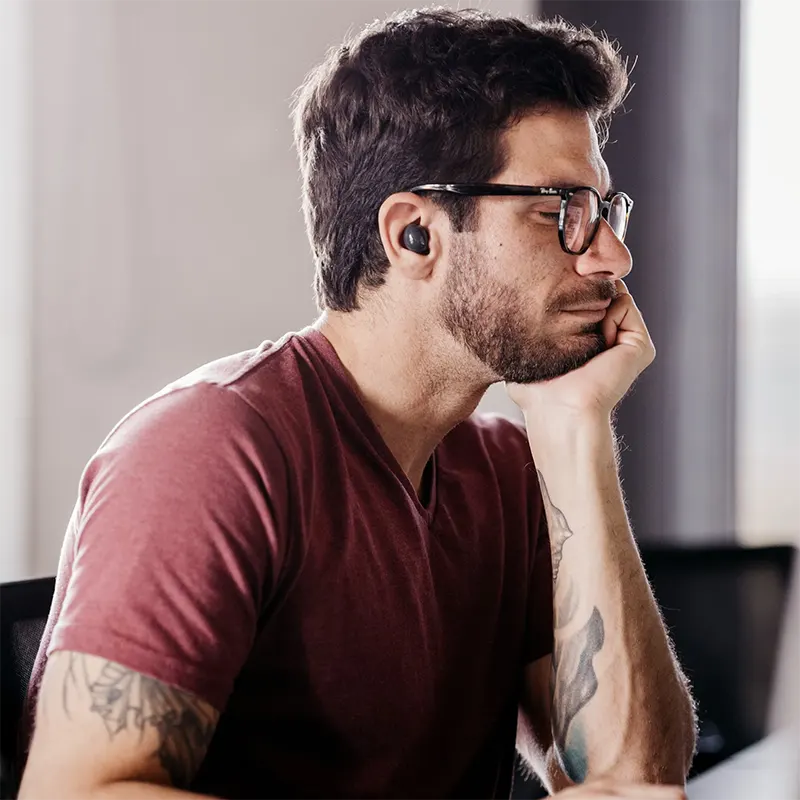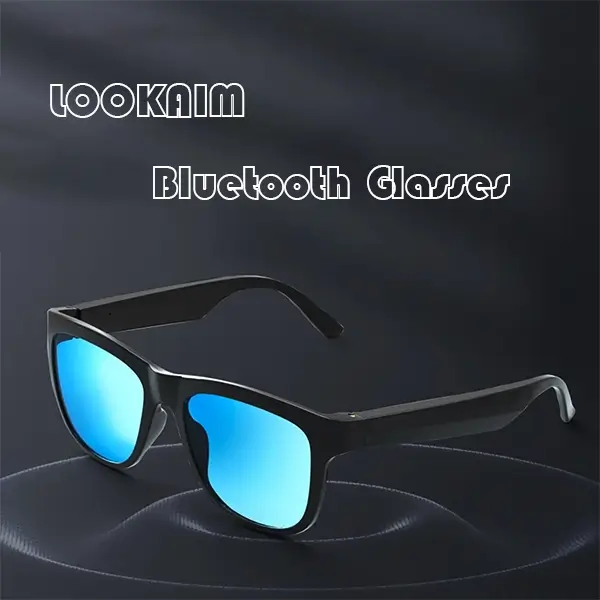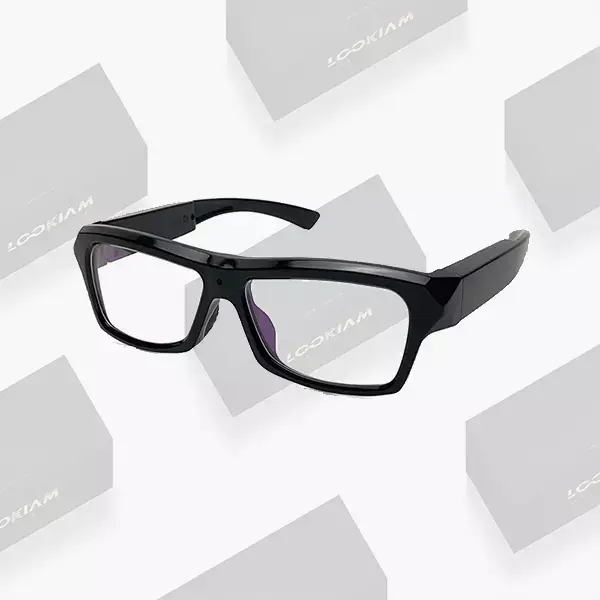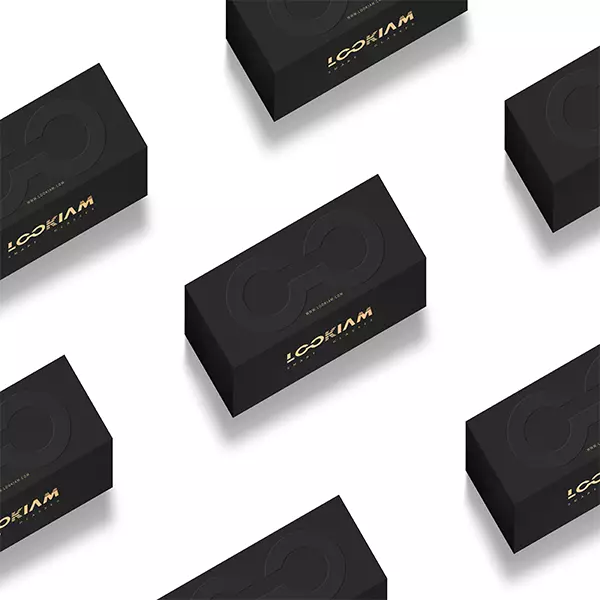Can Blue Light Blocking Glasses Help with Sleep?
April 26, 2023 Sherry
Blue light blocking glasses are becoming increasingly popular as people become more aware of the potential health risks associated with excessive blue light exposure. Blue light is a type of high-energy visible light that is emitted by electronic devices such as smartphones, tablets, and computers. Exposure to blue light can disrupt your body's natural sleep-wake cycle, making it harder to fall asleep and stay asleep.
Blue light blocking glasses are designed to filter out the blue light emitted by electronic screens, helping to reduce the negative effects of blue light on sleep. But do they really work?
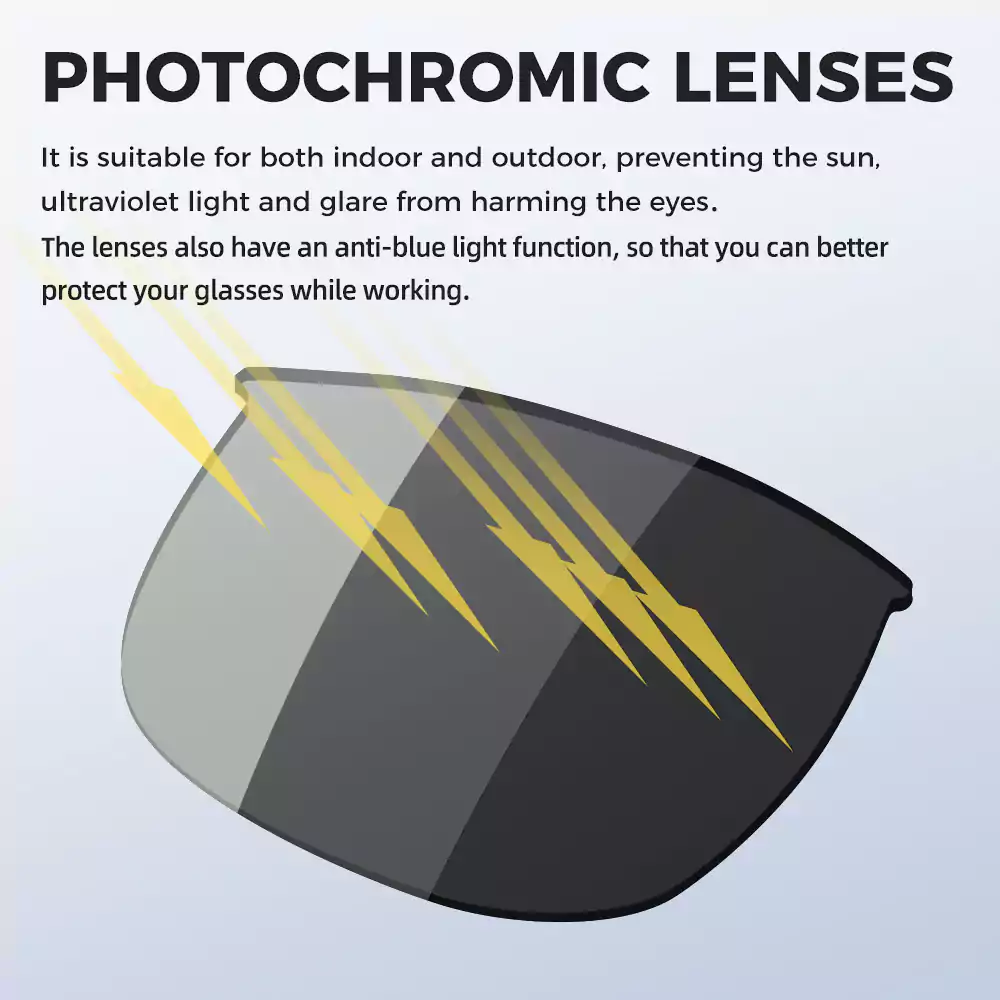
How Blue Light Affects Sleep
Blue light is known to suppress the production of melatonin, a hormone that helps to regulate sleep. When you are exposed to blue light in the evening, your body may perceive it as daylight, making it harder to fall asleep at night. This can lead to sleep disruption and other sleep-related problems.
Studies have shown that exposure to blue light can also cause a shift in circadian rhythms, which can disrupt the body's internal clock and lead to a host of health problems, including sleep disorders, depression, and obesity.
Can Blue Light Blocking Glasses Help?
Anti-blue light glasses are designed to filter the blue light emitted by electronic devices, helping to reduce the negative impact of blue light on sleep. These glasses are especially useful for people who work night shifts or who have trouble falling asleep due to exposure to screens at night.
Studies show that wearing blue-light blocking glasses at night can help improve sleep quality and increase melatonin levels. One study found that wearing blue-light blocking glasses three hours before bed improved sleep quality and boosted melatonin levels by 5% to bedtime, allowing you to sleep better. And our LOOKIAM anti-blue light
bluetooth glasses can help you prevent blue light every day. The long battery life allows you to use it easily for a whole day, protect your glasses, and improve your sleep quality.
Conclusion
Blue light blocking glasses can be a helpful tool for reducing the negative effects of blue light on sleep. By filtering out blue light, these glasses can help to regulate circadian rhythms and increase melatonin production, making it easier to fall asleep and stay asleep. If you are having trouble sleeping due to exposure to electronic screens in the evening, consider wearing blue light blocking glasses to see if they can help improve your sleep quality. However, it's important to note that these glasses should not be used as a replacement for good sleep hygiene practices such as avoiding caffeine and establishing a consistent sleep schedule.



